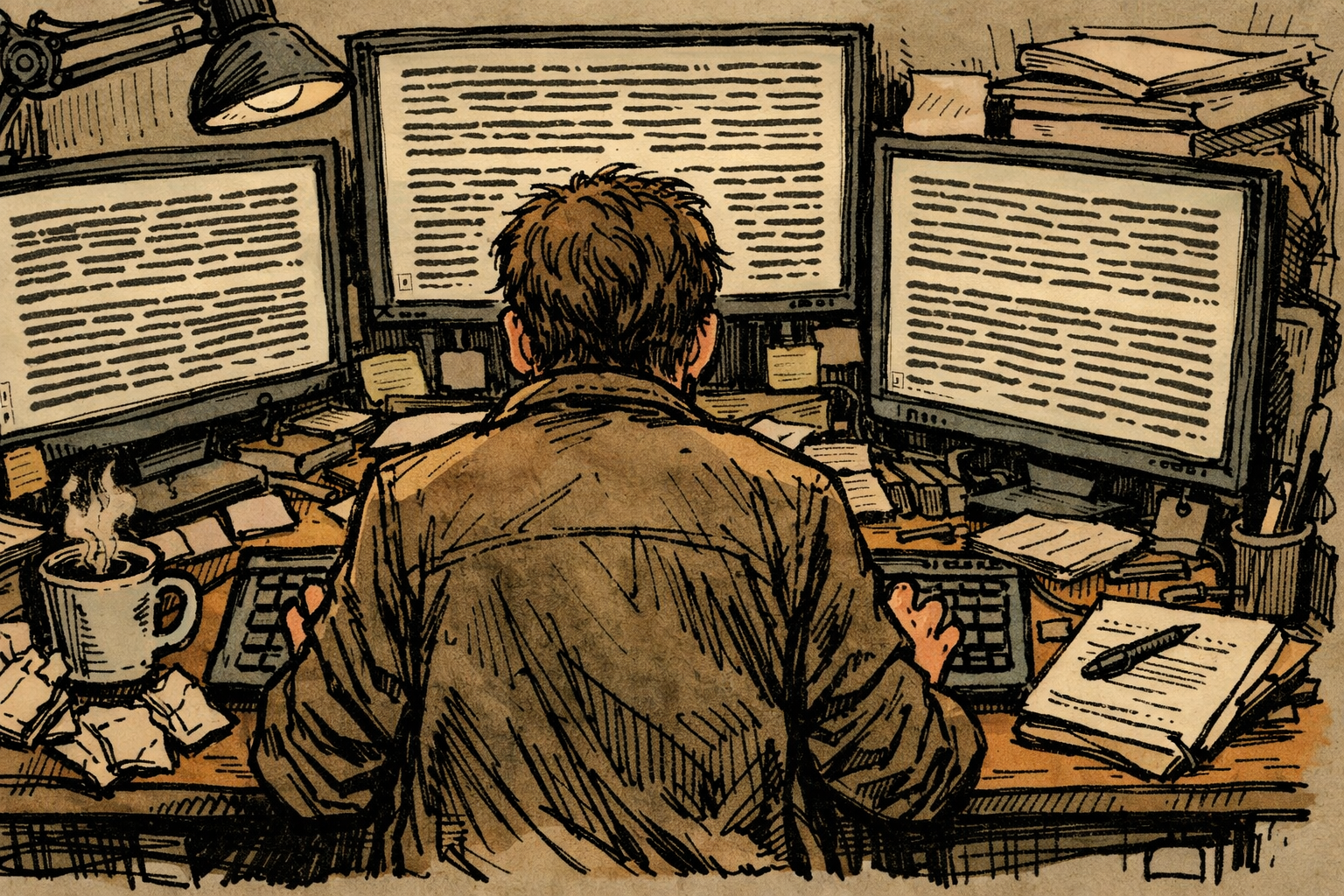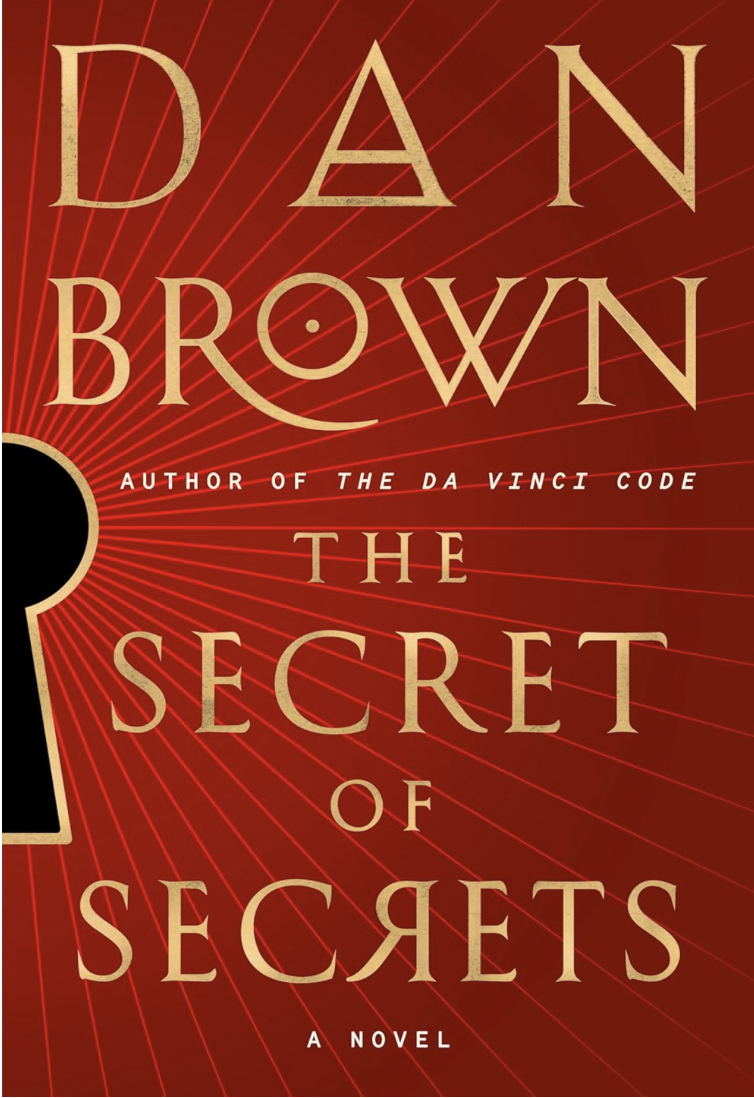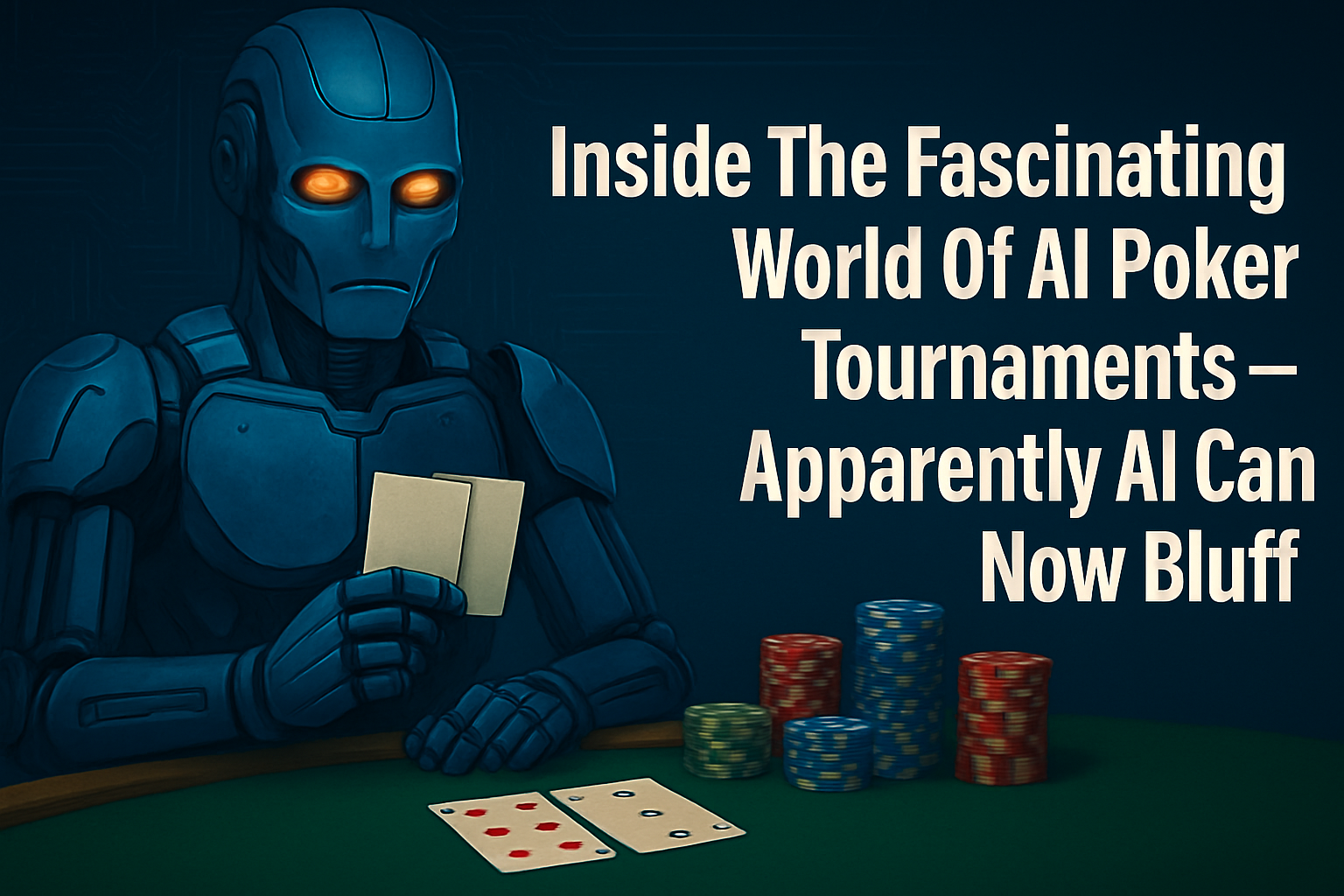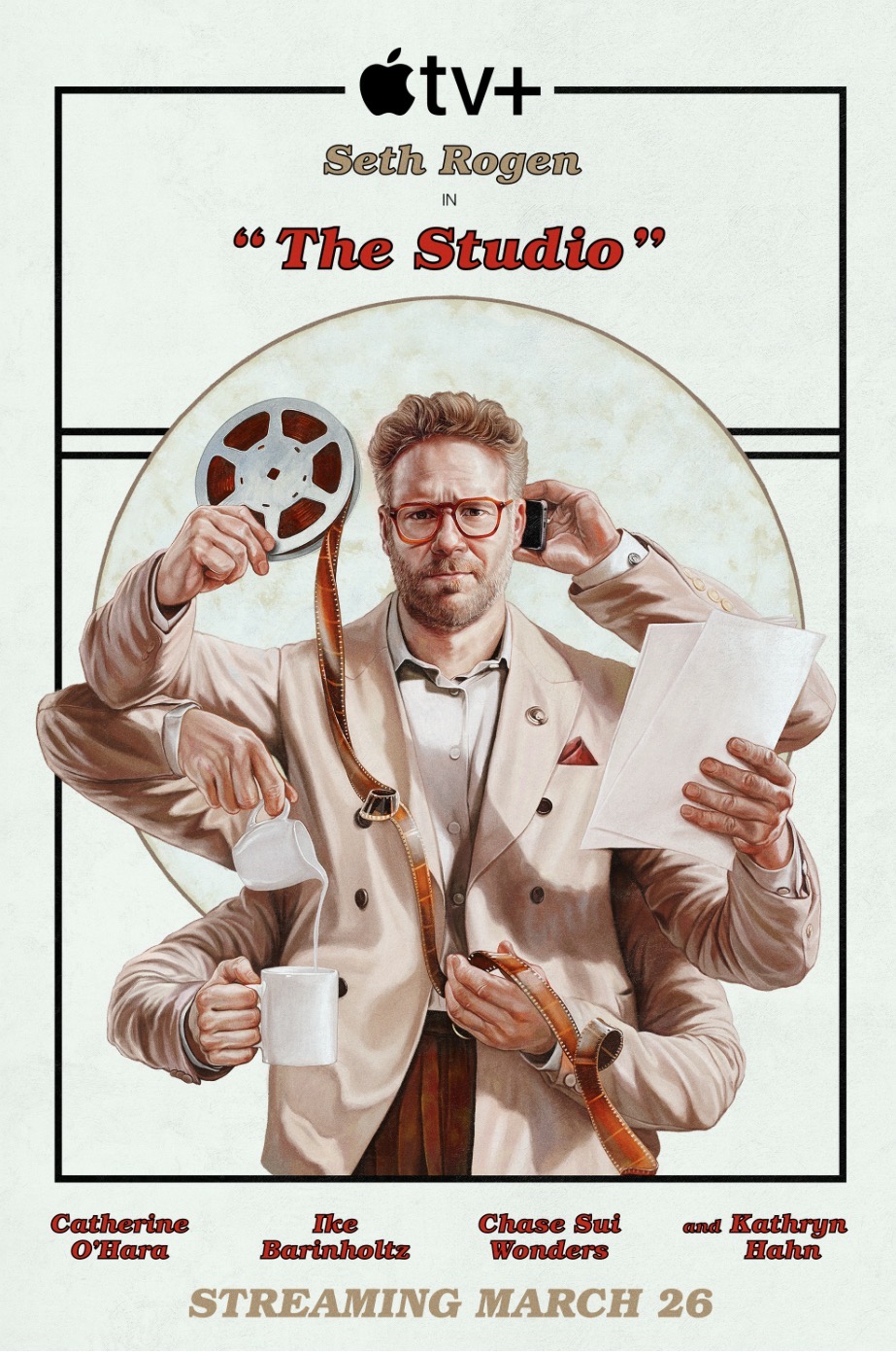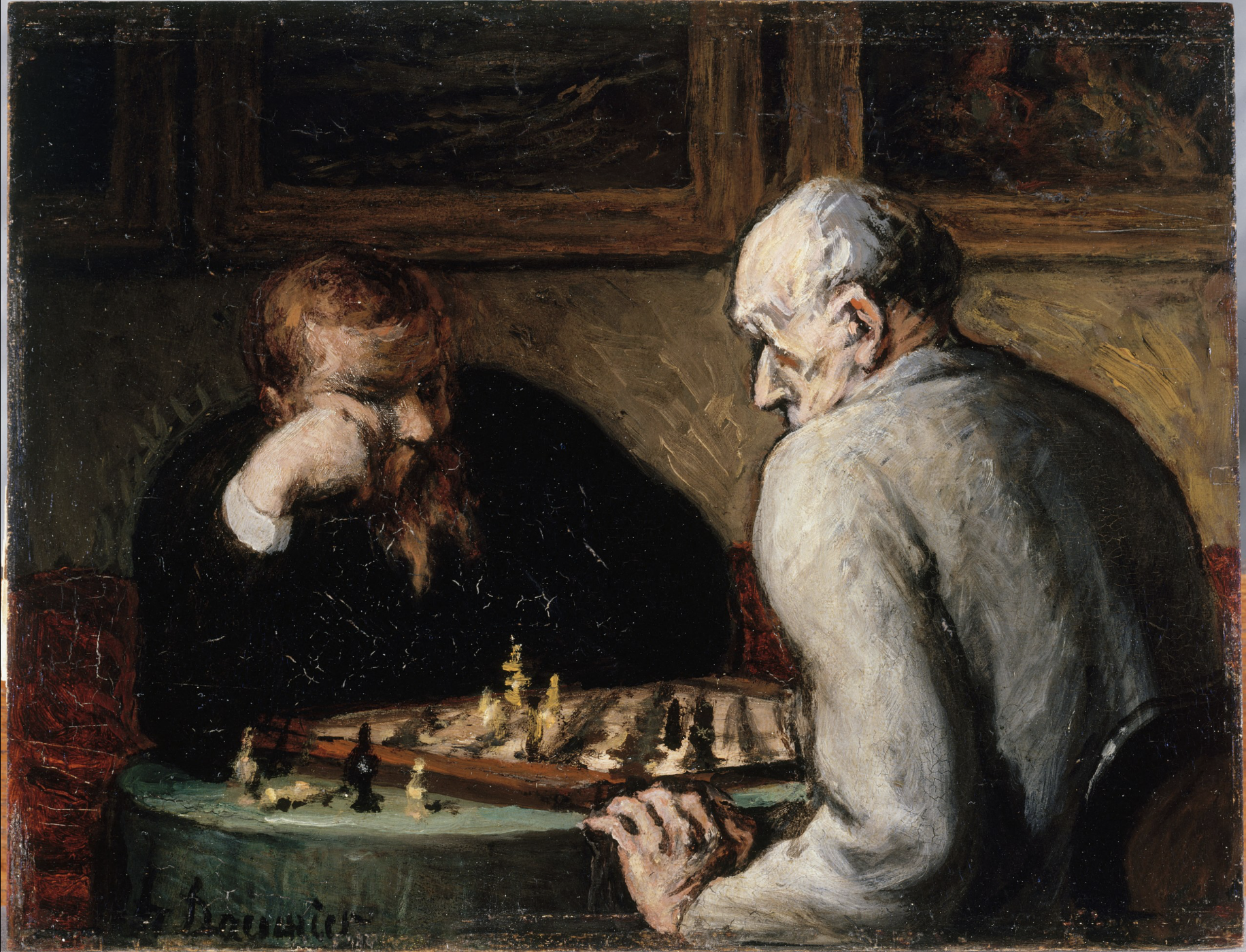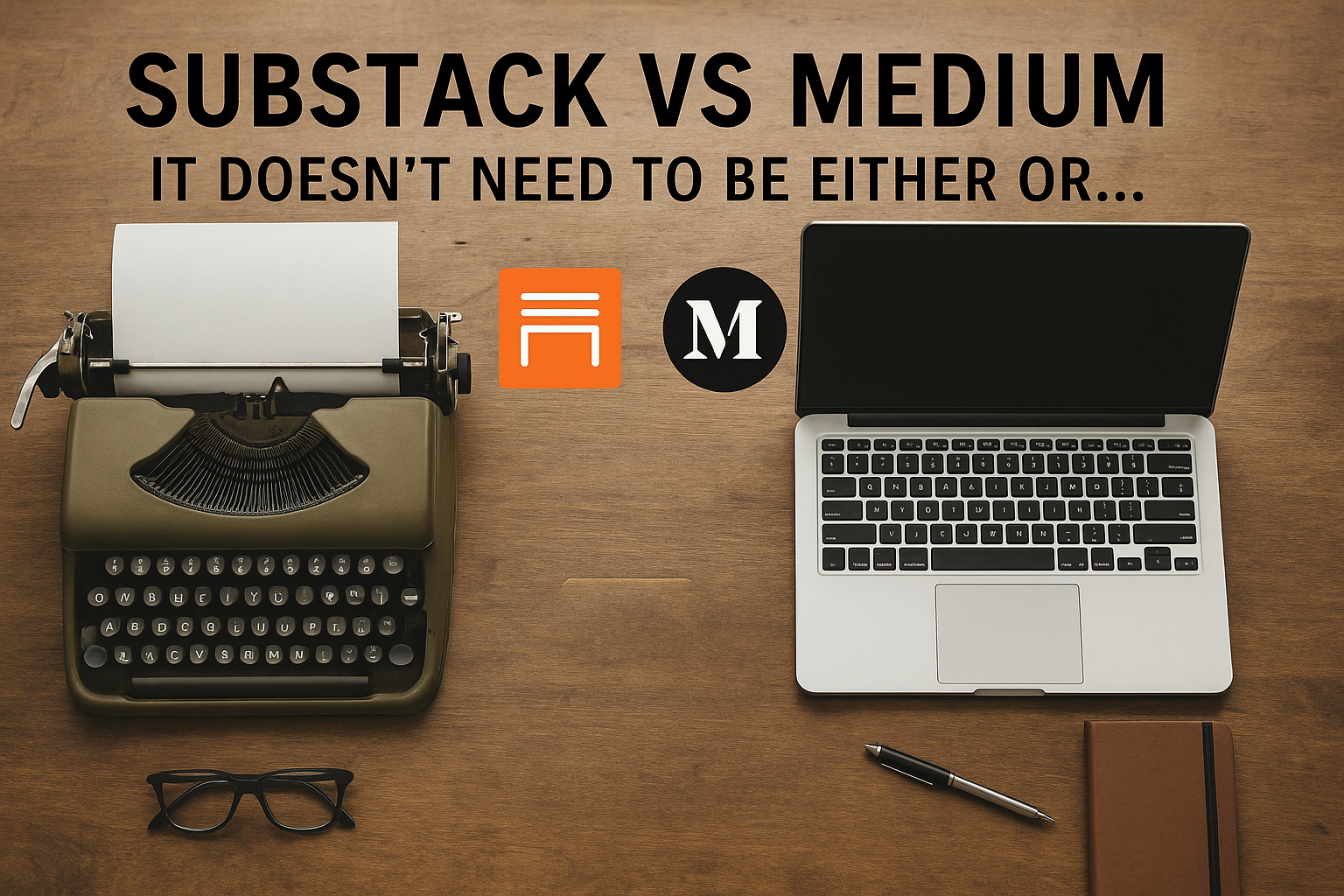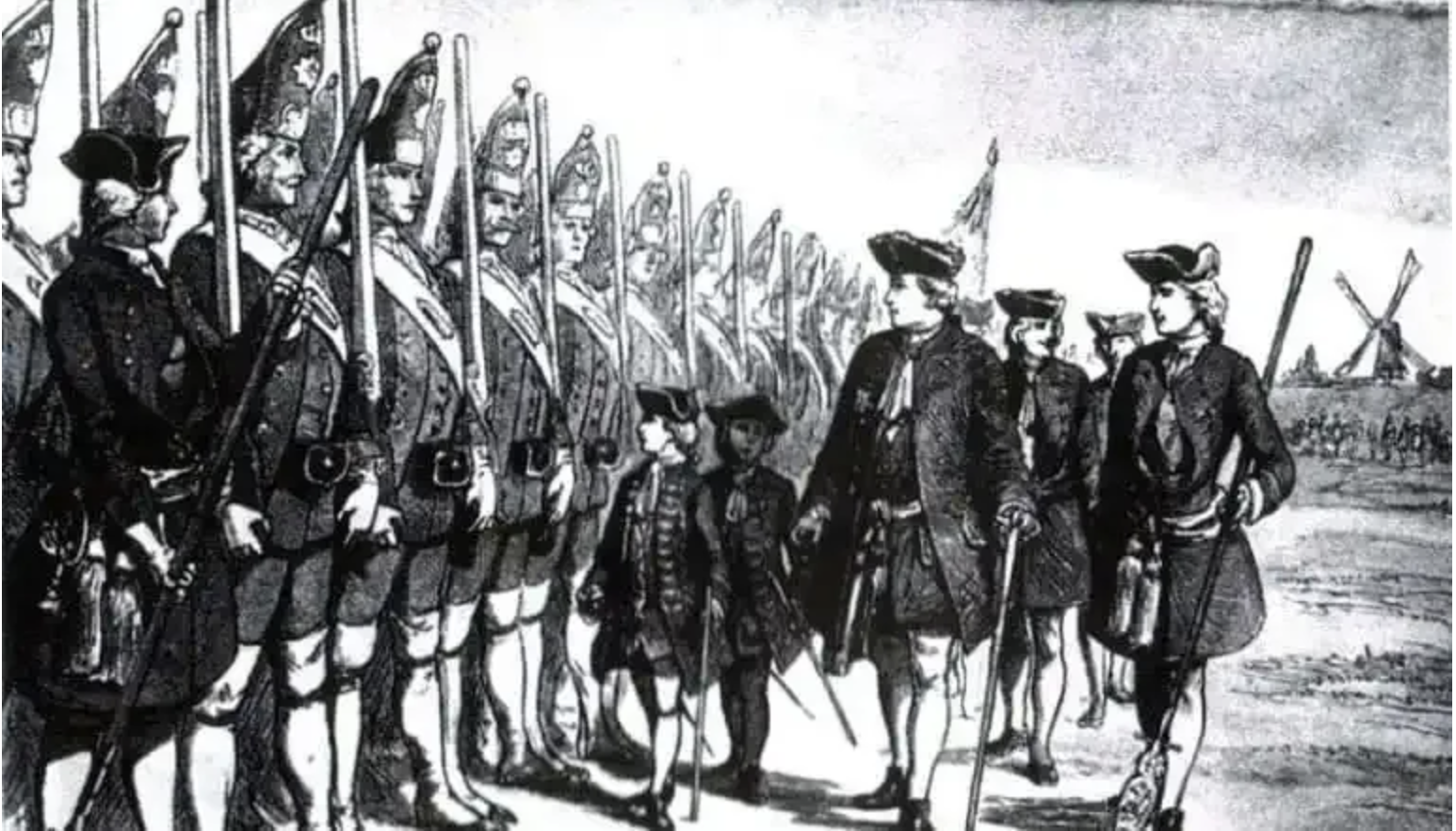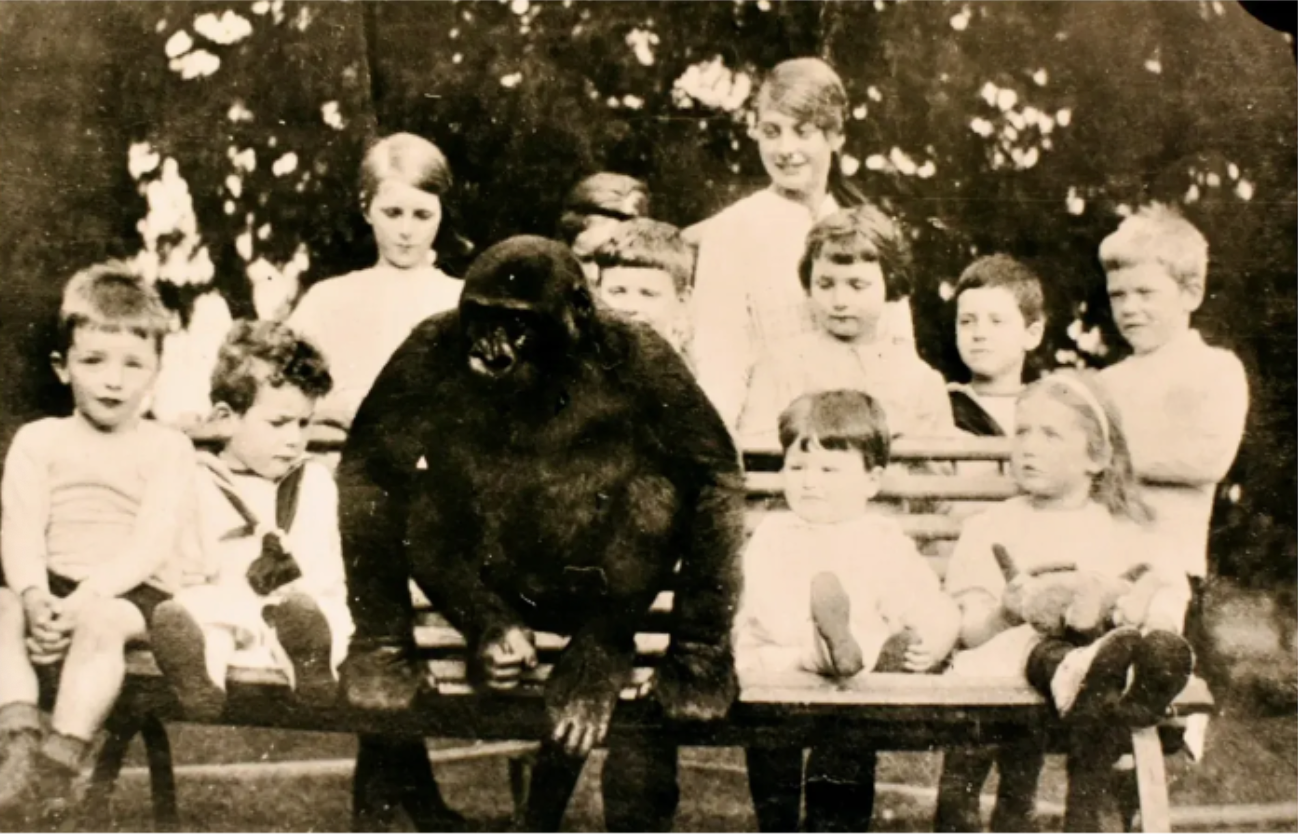The Lost Symbol by Dan Brown
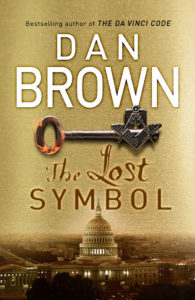 I finished this a few days ago and have to say that I thoroughly enjoyed reading it. It is just a shame that I don’t really think it is that great a book. This puts me in something of a quandary on how to review it.
I finished this a few days ago and have to say that I thoroughly enjoyed reading it. It is just a shame that I don’t really think it is that great a book. This puts me in something of a quandary on how to review it.
The story follows Robert Langdon, the hero of Angels and Demons and The Da Vinci Code, as he has yet another crap time. He is asked to give a lecture in the Capitol building in Washington by an old friend called Peter Solomon, who is in charge of the Smithsonian and a mega uber-lord in the Freemasons. It turns out to be a trick and soon Solomon’s severed hand is discovered in the Capitol’s central room freshly tattooed with lots of intriguing symbols. Symbols that can luckily be deciphered by Robert Langdon. A quest is then started plus lots of chases. There then follows history lecture, action, cliffhanger, history lecture, action, cliffhanger – until the end of the book (where there’s a great big history lecture).
First – the positive. The book is very, very readable and exciting. The technique of short chapters ending with a cliffhanger really works in thrillers like these. Hours of my life sped by as I lay on the couch reading and thinking, fuck it, just one more chapter. The ideas and history lectures and conspiracy stuff is genuinely fascinating and the book is worth reading for this alone. I learnt tons about the masons and religions by reading this and I know tons already. It also makes Washington seem a lot more interesting than I had previously believed it to be. As Langdon rushes about and the bad guy grows increasingly more mental, you are educated and thrilled in equal measure. The bits about the Freemasons and Washington’s history (both the place and the person) are great but Brown does go on a bit to prove his point. In one scene he even gives a character (and the reader) the exact search phrase to type into google. The puzzles are all printed and make it all seem a bit more fun as you see if you can work things out – but probably won’t bother.
Now the negative. The writing is pretty poor. It serves its purpose though and doesn’t really matter – you’re not going to be reading this sort of thing for finely written prose after all. The characters are astoundingly wooden stereotypes. Langdon is a professor who wears professor-ish clothes and spends every moment not being chased delivering a lecture. Peter Solomon is a powerful man and is head of powerful things and has powerful friends. The bad guy is like a lot of villains in Brown’s books – a less believable and more extreme version of your average Bond nemesis. This time, instead of an albino or killer monk, we have a heavily muscled bald eunuch who is covered in tattoos. There are a few other characters that seem to fill roles but have no real personality: an elderly African American who is wise and is the Architect of the Capitol (a job position not literally the architect) who made me think of Morgan Freeman for some reason; Solomon’s sister – pretty and clever and frequently in distress; a Japanese CIA chick who smokes a lot; a wise blind priest who is very wise; and so on. Again, the characterization doesn’t matter but it would have been nice.
The plot and some of the ideas in the book were ridiculous. I can’t tell you much without giving the plot away but once I learned what were they searching for, I guessed its location immediately. I read the entire book hoping to be proved wrong but my guess was correct. A guess I made in the first 30 minutes. Solomon’s sister Katherine is a Noetic “scientist” who believes in the potential of the human mind – basically, psychic ability. I suspect Dan Brown spoke to some Noetic “scientists” and got sold on the idea. The reason why I keep using inverted commas is that no matter what Dan Brown says – it isn’t science. They don’t use scientific method and none of their results are open to peer review. Brown seems to think people are sceptical about noetics as they are closed minded. It is more because the evidence is shite. He keeps mentioning that one day everyone will believe and be proved wrong about Noetics and frequently points out that the brightest minds believed that the earth was flat until relatively recently. It is a shame he didn’t research this because it’s horseshit and a myth that stems from the early 19th century. Most of humanity has known the earth is a globe since the ancient Greeks. Aristotle even provided visual evidence. They clearly didn’t believe that boats going over the horizon were falling off the edge of the world because most of the time the boats came back.
Brown tries to prove noetics further by stating that prayer groups have had a measurable affect on curing people and that experiments have been done to see this. There have in fact been some experiments done on this subject and they were done under proper scientific conditions with ‘blind’ test groups and so on. It proved that there was absolutely nothing in it. There are other experiments he mentions but nearly all have been done before and all proved false. I won’t go into any more detail here.
I apologize for this rant about noetics but it proves to be a central theme throughout the book and I found it ludicrous.
There are other scenes that are laughable too. Right at the very start some agents are chasing the big bald tanned baddie and stop to ask a big tanned guy with blonde hair if they saw anyone run past. ‘He went that-a-way’ the guy says. I mean, for fuck’s sake. Daffy Duck or Bugs Bunny might be able to slap on a moustache and get away with this but really…
Also, when you find out what the villain is after and how his whole plan has been plotted you find your brain filling with question that start with “So why didn’t he just…” Annoying.
On the whole though, the book is fun with lots of codes and facts printed so that you the reader can try and work things out. You will be looking up a lot of things on google and it starts to feel almost interactive in places. The pace is relentless and exciting. You will probably enjoy reading it but when finished you will think – that was alright I guess. If I was to give a one sentence recommendation it would be: “If you liked Dan Brown’s other books, you will like this.” Just not as much as The Da Vinci Code.






